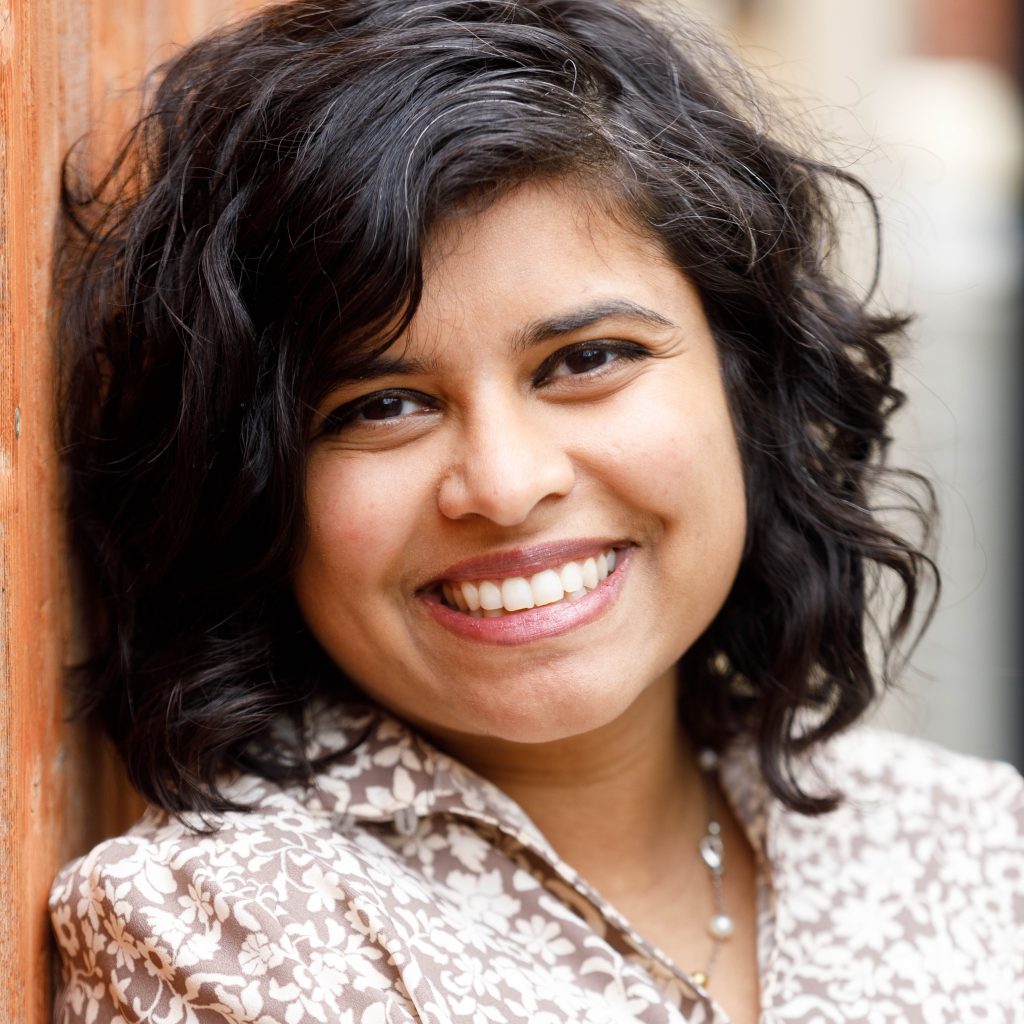On my hardest days as a physician, I feel hopeless. Working in a county hospital in the San Fernando Valley of Los Angeles, I have the privilege of serving countless patients, some of whom navigate challenges in their day-to-day lives that I can’t imagine navigating myself.
I often think of a young patient I took care of recently — a young woman named Liliana. She was diagnosed with HIV and had recently crossed the border from Mexico. She was in her early 20s and had been navigating her diagnosis for several years. Thankfully, due to access to the medications and specialty treatment she needed, her HIV was under control.
As her pediatrician, I stopped by her room the day after she delivered her newborn baby, a healthy, adorable baby boy, to ask her about how she was doing. As she held and comforted her young son, she shared with me her fears about sharing her HIV diagnosis with her partner and her worries about how she was going to navigate giving her baby the necessary HIV treatment medication he needed to take. I left her room in deep despair, knowing my medical toolbox was inadequate to help a young person navigate a broken world.
Cases like these often keep me up at night, wondering what I can do in the face of immense structural inequities, particularly system racism, income inequality, inequitable access to language concordant care. It’s hard not to feel overwhelmed by the magnitude of these challenges. In these moments, I often turn to spiritual advisors and teachers, across faith traditions, to learn how activists and scholars maintain a sense of hope even amidst daunting challenges.
Joanna Macy and Chris Johnstone’s work, “Active Hope,” has been an immense source of inspiration these past several years. Macy is a Buddhist scholar focused on the intersection of Buddhism, general systems theory and deep ecology. Her book, “Active Hope,” is co-authored by Dr. Johnstone who has a background in medicine, mental health promotion, and the psychology of change. Their book was written as a tool for folks navigating systemic, longitudinal problems, such as climate change, and finding solutions to engage in the work without feeling hopeless or demoralized.
Reframing hope from a mental state dependent on the likelihood the outcome I desire will happen to instead a framework for action has helped me shift the way I approach my work.
One tenet of their book that offered an important reframe was their acknowledgement that hope itself is a word with a multitude of meanings. There is a passive form of hope, where we wait for external organizations or agencies to enact the change we desire. This is in contrast to active hope, where we are active participants in working towards the outcome we seek. Rather than a state of being, active hope is a practice, something we actively choose to engage in rather than a state of mind.
Reframing hope from a mental state dependent on the likelihood the outcome I desire will happen to instead a framework for action has helped me shift the way I approach my work. It helps me reflect on one of the core teachings of Hinduism in the Bhagavad Gita, as shared by Krishna to Arjuna: “You have a right to perform your prescribed duties, but you are not entitled to the fruits of your actions. Never consider yourself to cause the results of your activities, nor be attached to inaction.” My commitment to action should not be tied to the likelihood of the equitable, just world I dream of for myself and my future children. Instead, my responsibility is to live according to my values and spiritual practice, showing up each day committed to building the world I seek.
On the days I feel like giving up, I can offer myself self-compassion, reminding myself that hope, like anything else, takes practice.

Anu Gorukanti, MD, (she/hers) is a public health practitioner, pediatric hospitalist, and co-founder of Introspective Spaces, a social venture committed to building reflective space and community for women in healthcare. She is also a member of the Sacred Journeys and Witness fellowships.




